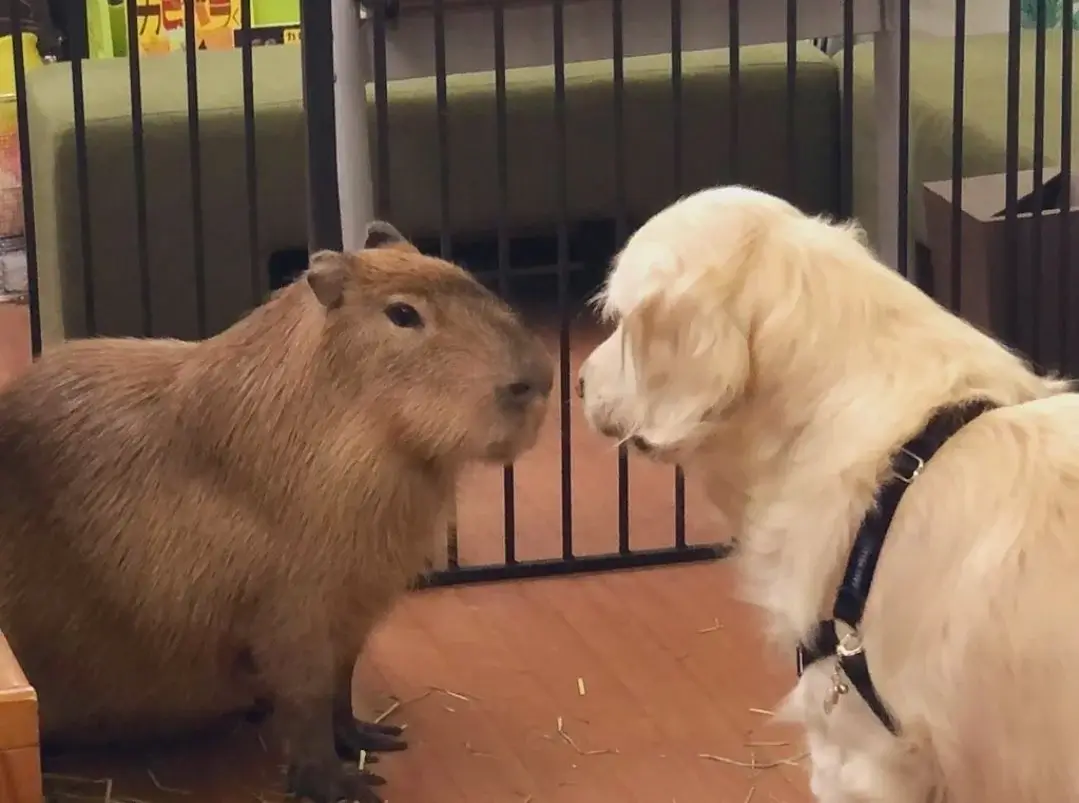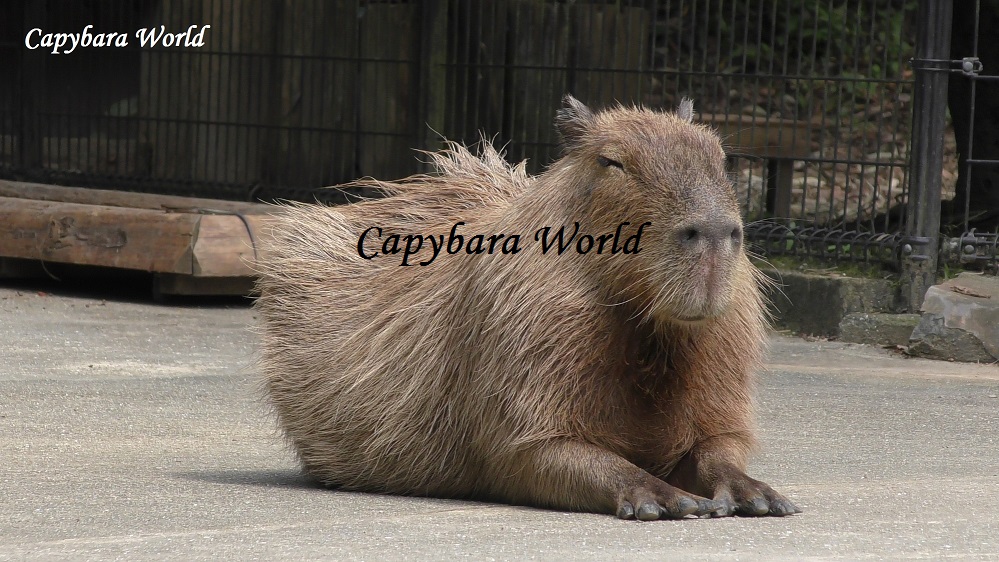Capybaras, the globe’s largest rodents, have enchanted many with their endearing presence and calm nature. Frequently shown snuggling with other animals, these mellow behemoths prompt the question: are capybaras genuinely loving?
The answer, as with numerous natural behaviors, is complex. This piece explores the captivating social dynamics of capybaras, analyzing their interactions with their peers, humans, and other beings, in search of clarity: are capybaras affectionate?
Inherently Sociable Animals
Capybaras are social animals by nature. They flourish in sizable groups known as herds, which can range from 10 to 100 members. In these communities, intricate social systems develop. Dominant males guide the herd, while females form tight alliances and collectively nurture the young. This social unity implies potential for affection, but in what ways is it shown?

Indications of Tenderness Among Capybaras
Capybaras display multiple actions that suggest affection within their herds. Here are some notable instances:
Grooming: Capybaras dedicate a lot of time to cleaning each other. This not only maintains their coat but also strengthens intergroup connections and cultivates a communal spirit.
Nuzzling and Cuddling: While clustering together for warmth is typical, capybaras often push the boundary. They engage in nuzzling and cling closely, fostering a sense of reassurance and security.
Playful Engagements: Play is crucial for capybara growth, often involving mild biting, pursuit, and wrestling. This playful conduct can be interpreted as a medium for bonding and affection.
Capybaras and Other Creatures
Capybaras are famed for their amicable coexistence with diverse species. They inhabit spaces alongside avian life, like herons, and primates, who even perch on their backs at times. Such tolerance also embraces predators. Caimans, which pose a potential danger, often share watering spots with capybaras with minimal strife.
While these relations illustrate a kind of acceptance, asserting they arise from affection remains challenging. Nevertheless, they emphasize the capybara’s serene disposition and talent for forging amiable connections with other species.
Capybaras and the Human Connection
The web is abounding with charming footage depicting capybaras snuggling with humans. So, is it possible to embrace a capybara? The response is affirmative, but with limitations.
Capybaras brought up in captive environments can become used to human touch and may even seek out interaction. However, it is crucial to remember these are wild animals. Their comfort with cuddling can vary widely, necessitating an approach of respect and caution. Here are some important considerations:
Allow them to approach you: Resist imposing interaction. If a capybara expresses interest, let them make the first move.
Proceed calmly and softly: Abrupt actions may cause them to be alarmed.
Be cautious of their personal area: Avoid overcrowding or restricting their movement.
Honor theirBoundaries: If they appear uneasy, step back and allow them some distance.
By adhering to these recommendations, you can engage positively with a capybara.

Capybara Affection: A Nuanced Blend
Are capybaras affectionate? The response isn’t simply affirmative or negative. Capybaras show fondness to one another through grooming, snuggling, and playful behavior. Their acceptance of human interaction indicates a potential for positive rapport with us as well. Nonetheless, it’s vital to note that affection in the animal realm might not always reflect human gestures.
Capybara Care and Preservation
If these gentle behemoths captivate you and you wish to witness their distinctive allure, think about visiting a trustworthy zoo or sanctuary that allows capybara interactions. Always place the animal’s welfare first and adhere to the protocols established by the caretakers.
Capybaras are at risk due to habitat destruction and hunting threats. Supporting valid conservation initiatives is an excellent way to ensure these extraordinary animals prosper for future generations to enjoy.
Conclusion
Capybaras may not deluge you with hugs, but their sociable nature and acceptance of human interaction indicate a potential for affection. By comprehending their means of communication and acknowledging their limits, you can appreciate these gentle giants closely. Therefore, the next time you watch a clip of a capybara snuggling with another creature, remember there might be more than what appears on the surface.

Frequently Asked Inquiries
Are capybaras amicable?
Indeed, capybaras are typically regarded as congenial creatures. They are famous for their tranquil demeanor and harmonious coexistence with other species. Nevertheless, they remain wild animals, and their inclination for interaction can differ.
Is it possible to pet a capybara?
In managed settings such as zoos or sanctuaries, where capybaras are familiar with human touch, gentle patting may be permissible. It is crucial to approach them gradually, abide by their personal space, and prioritize their comfort.
Can you have a capybara as a domestic animal?
The ability to own a capybara changes depending on your area. However, even where permissible, it’s not advisable. Capybaras are sizeable, semi-aquatic creatures with specific requirements that are challenging to fulfill in a usual domestic setting. Discover more about the laws surrounding capybara adoption in our capybara adoption section.
Are capybaras risky?
Capybaras are generally not hazardous. They lack the aggressive traits of many predators and are unlikely to pose a threat. However, due to their mass, they could unintentionally harm if startled or endangered.
Are capybaras close with people?
The response is potentially. Capybaras nurtured in captivity might become used to human interaction and may even seek it. Nonetheless, their affection is possibly different from how humans express love. It is best to respect their space and let them initiate the interaction.
Are capybaras loving towards fellow capybaras?
Indeed, capybaras exhibit affection towards one another via grooming, cuddling, and playful behaviors. These actions fortify social bonds and cultivate a sense of unity within their group.



